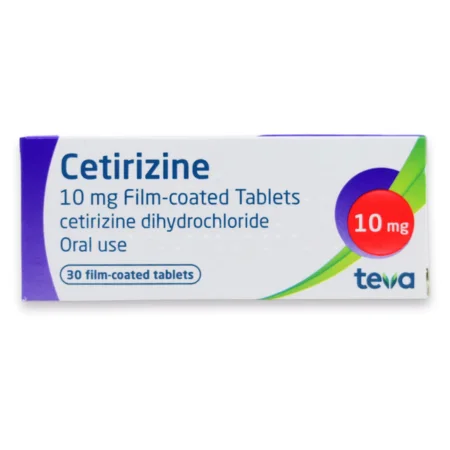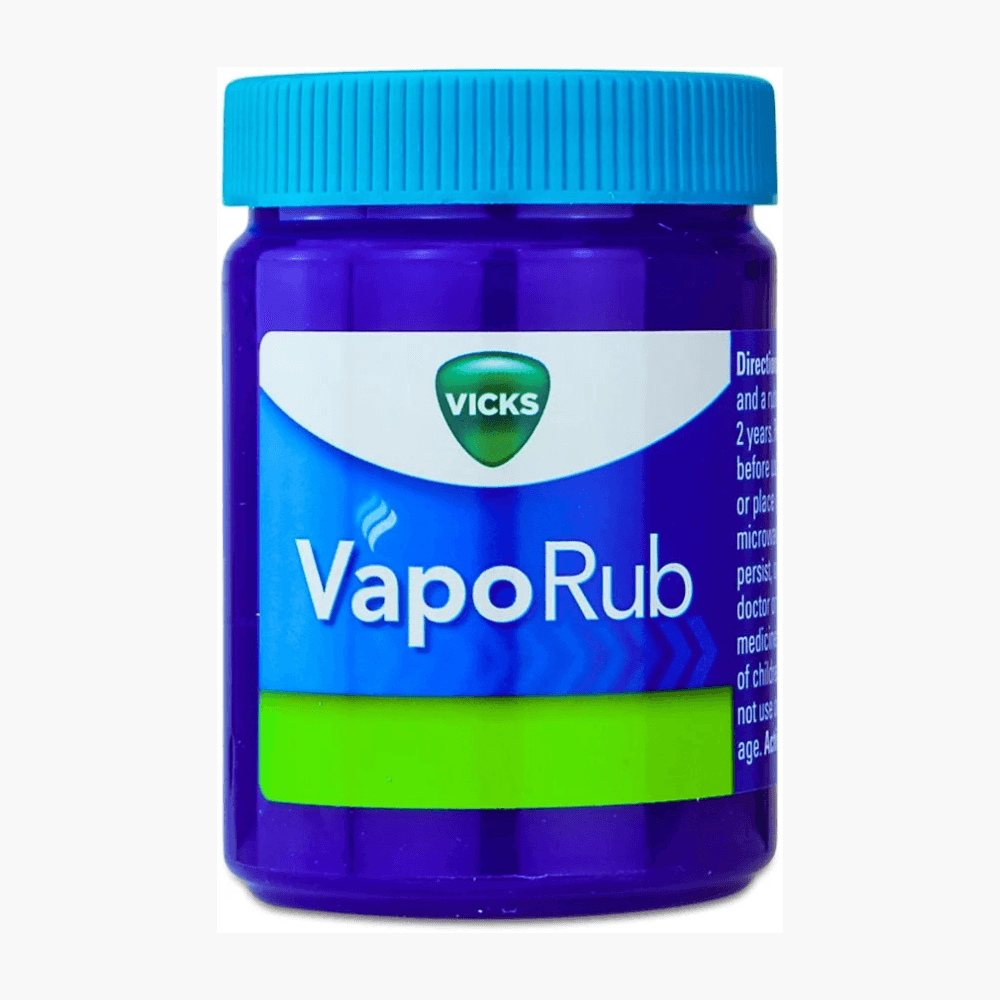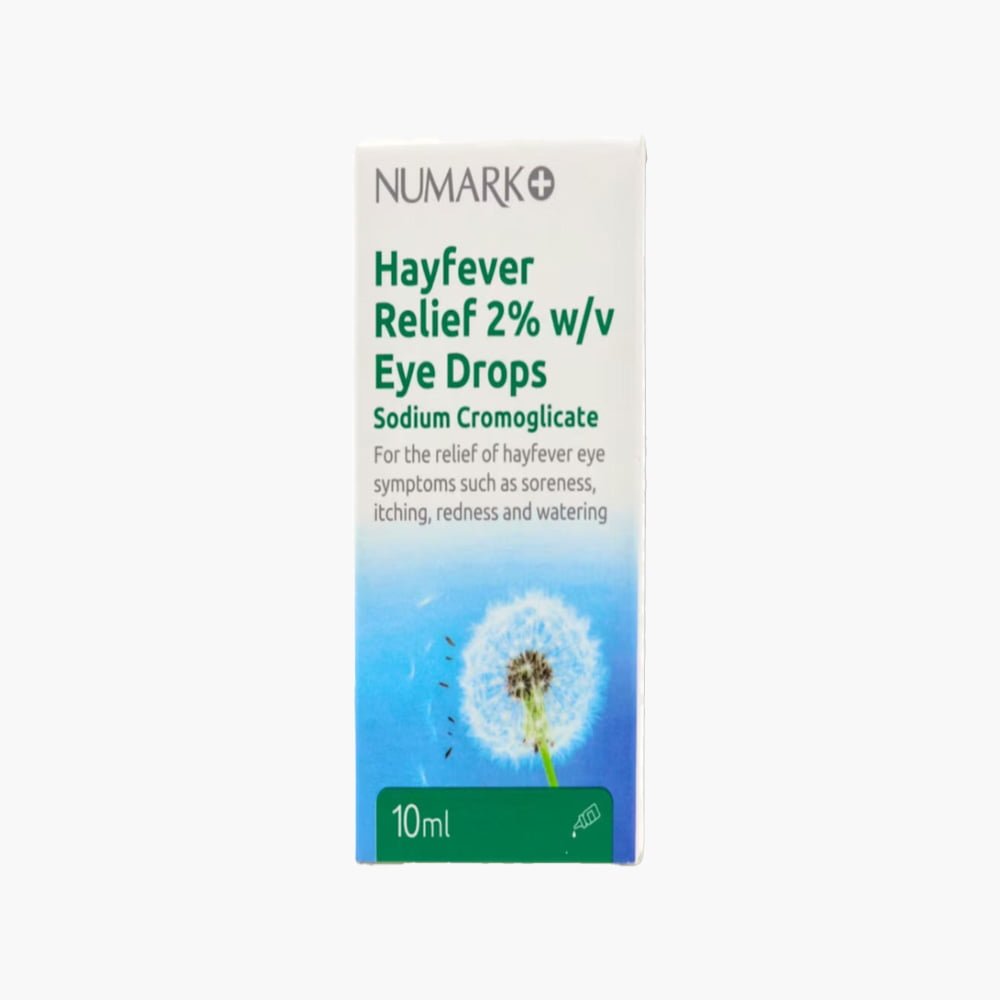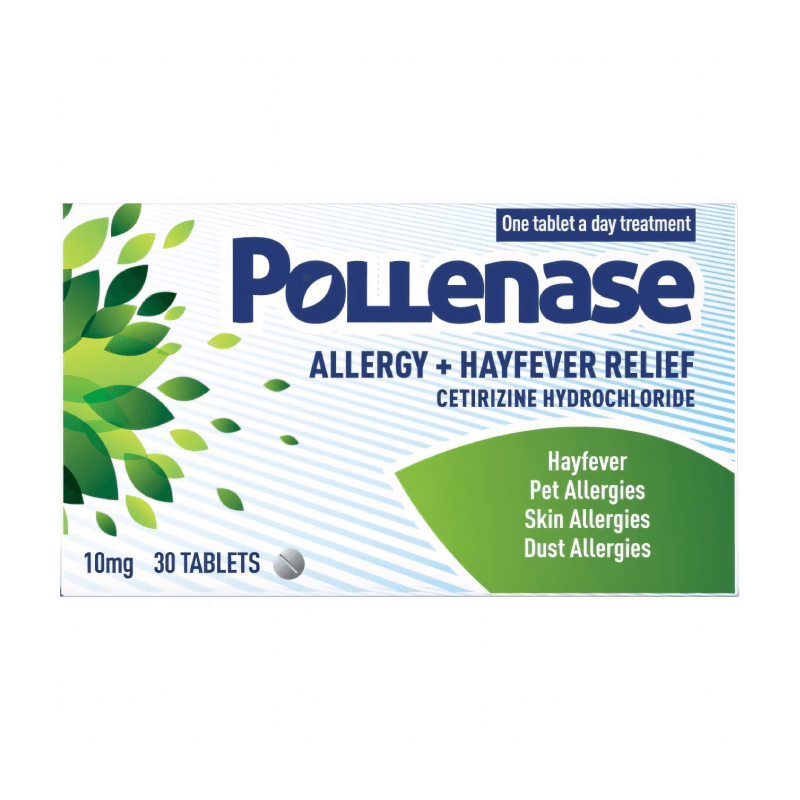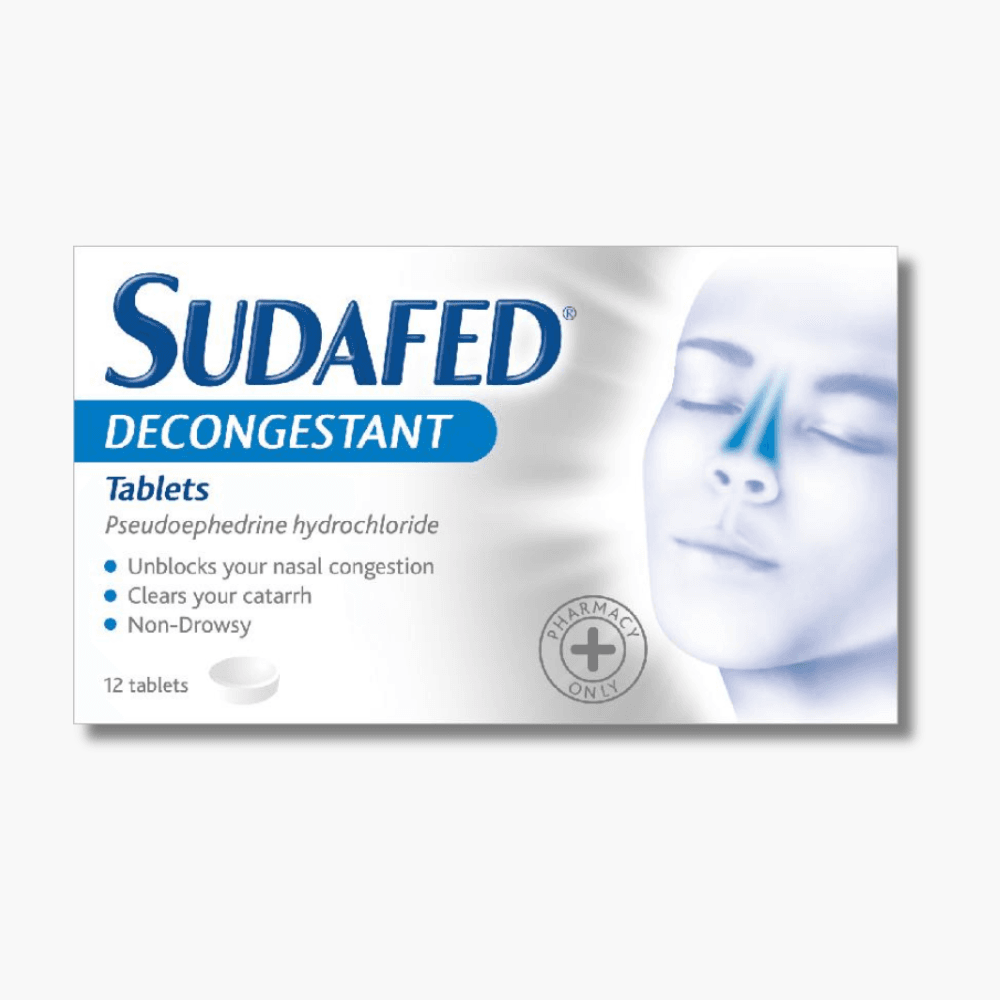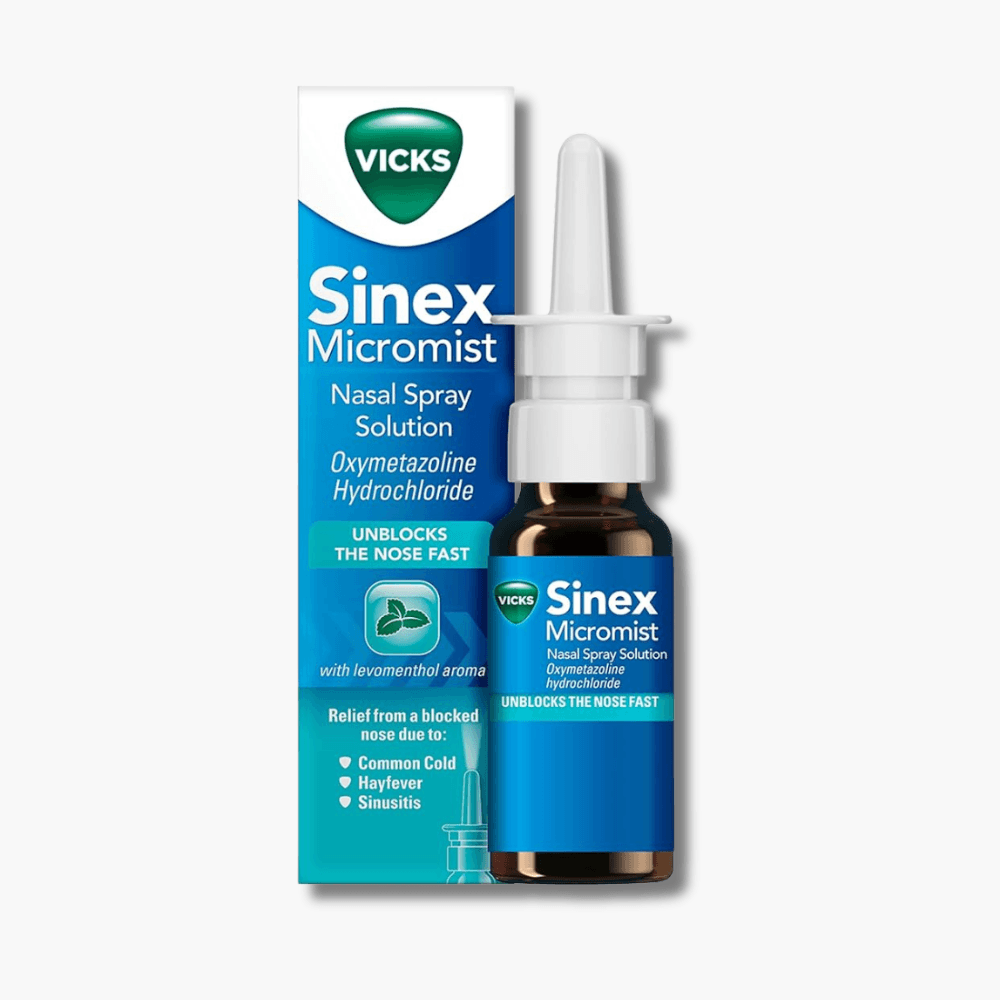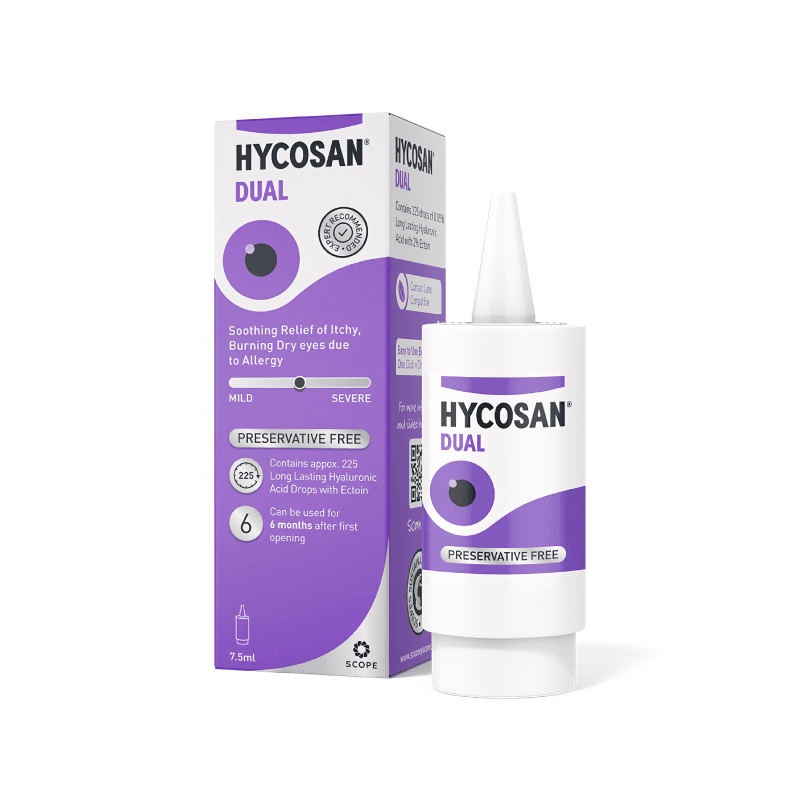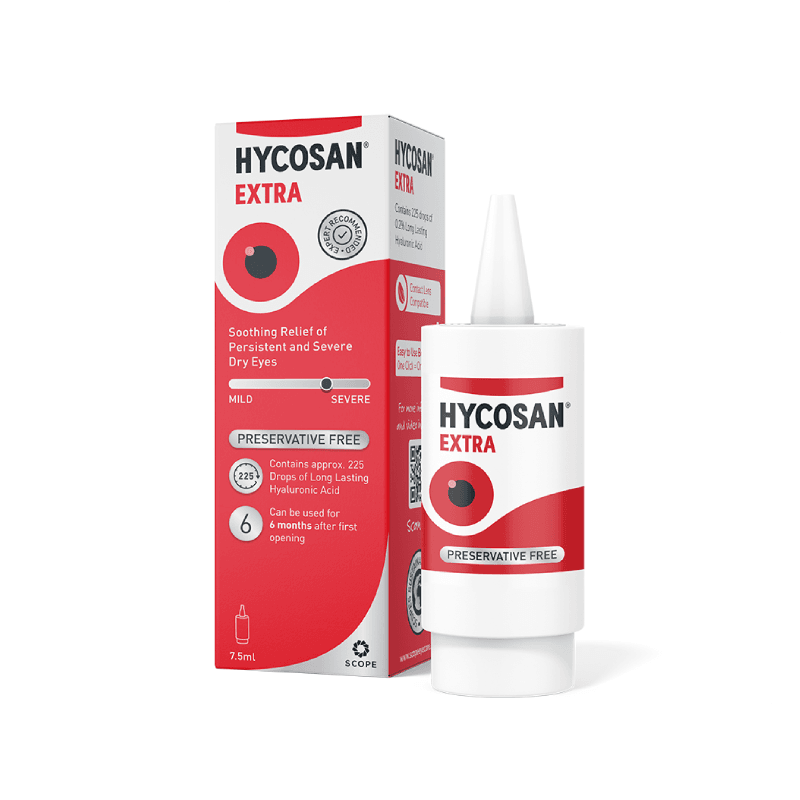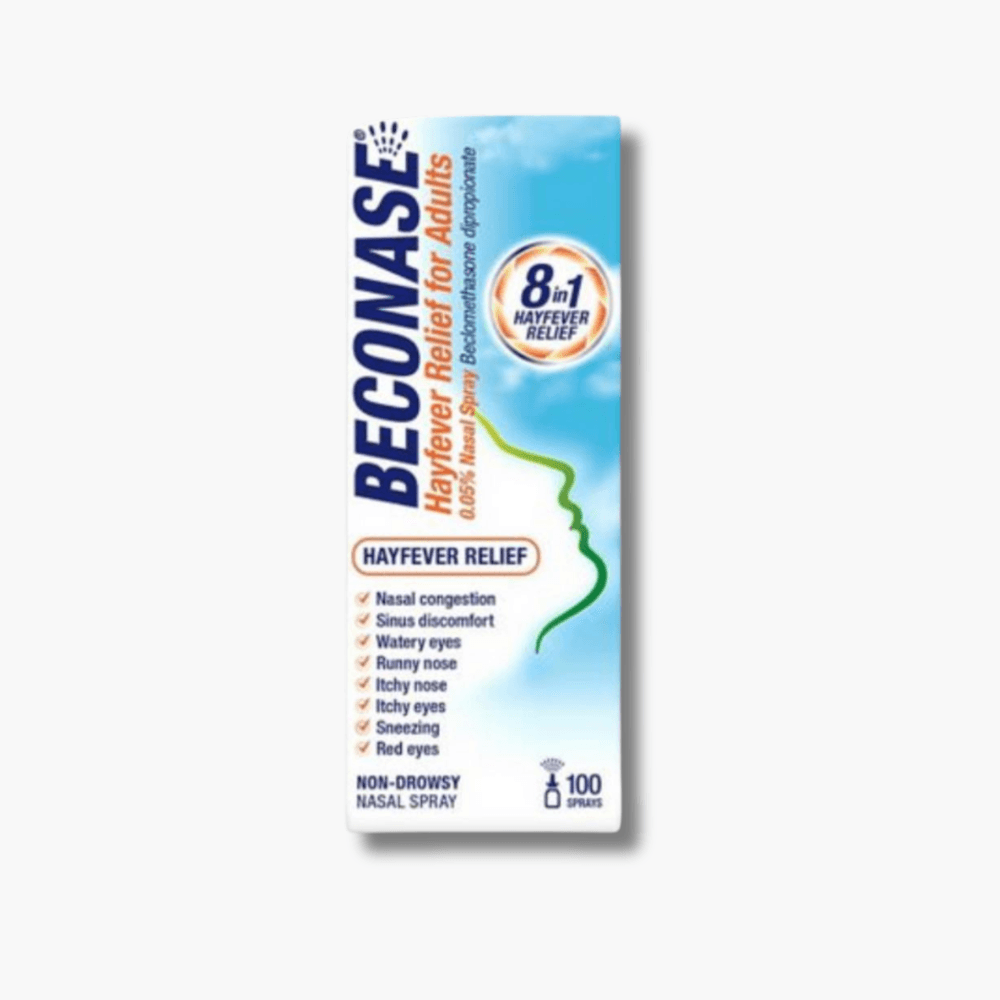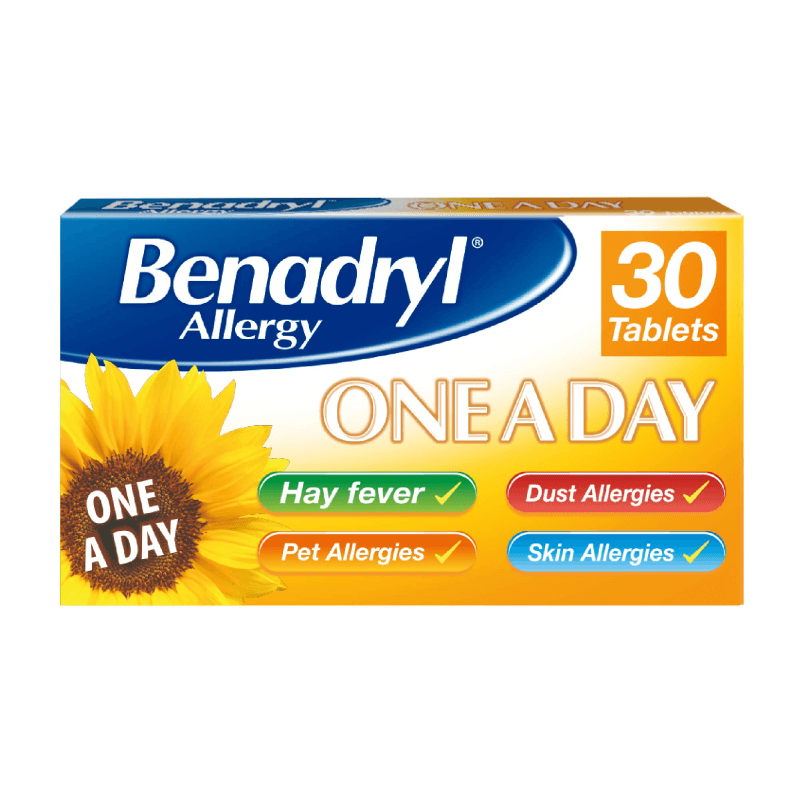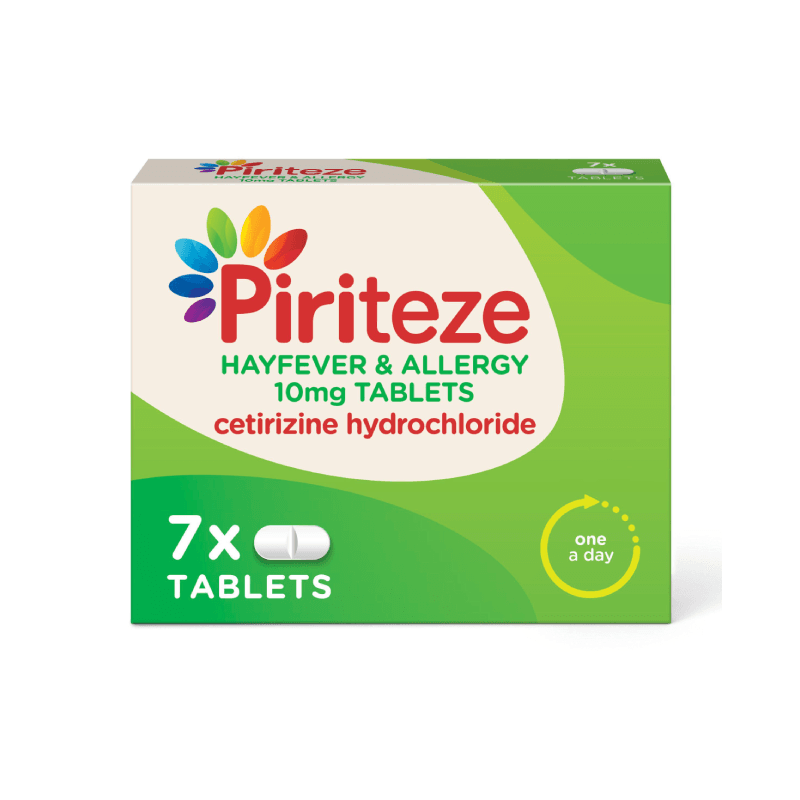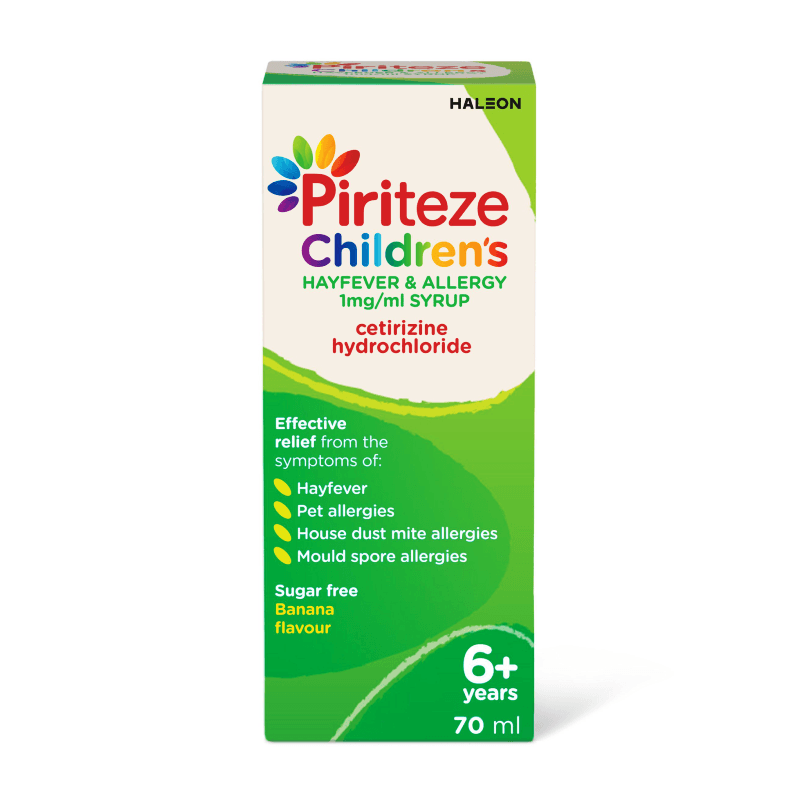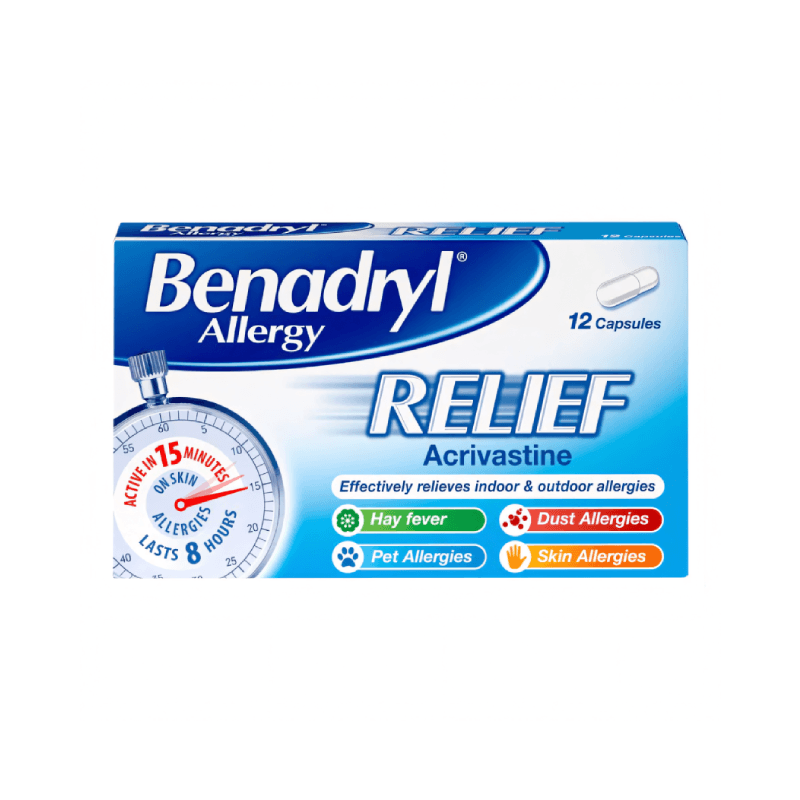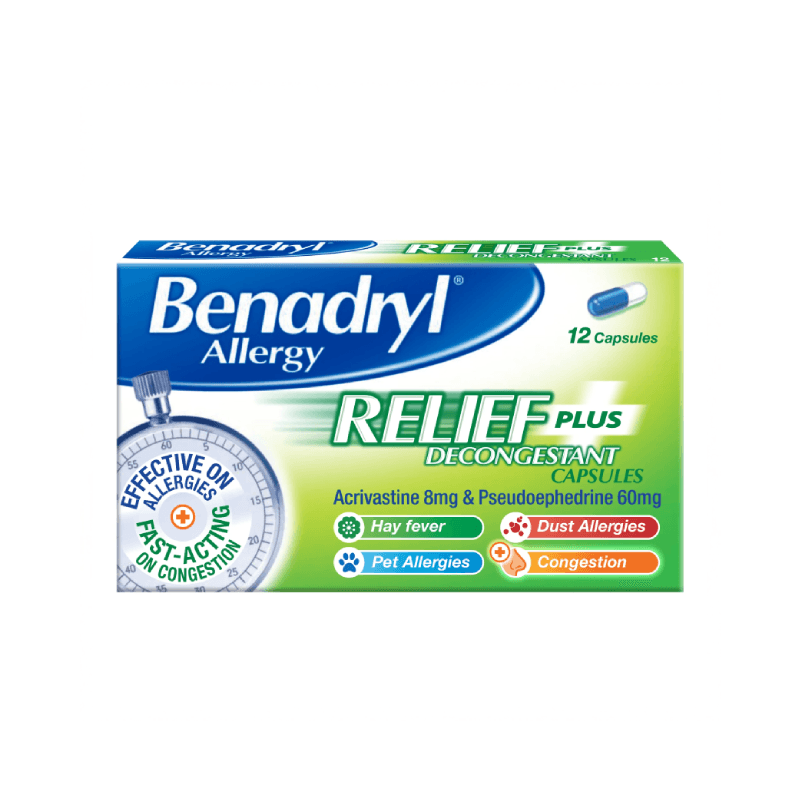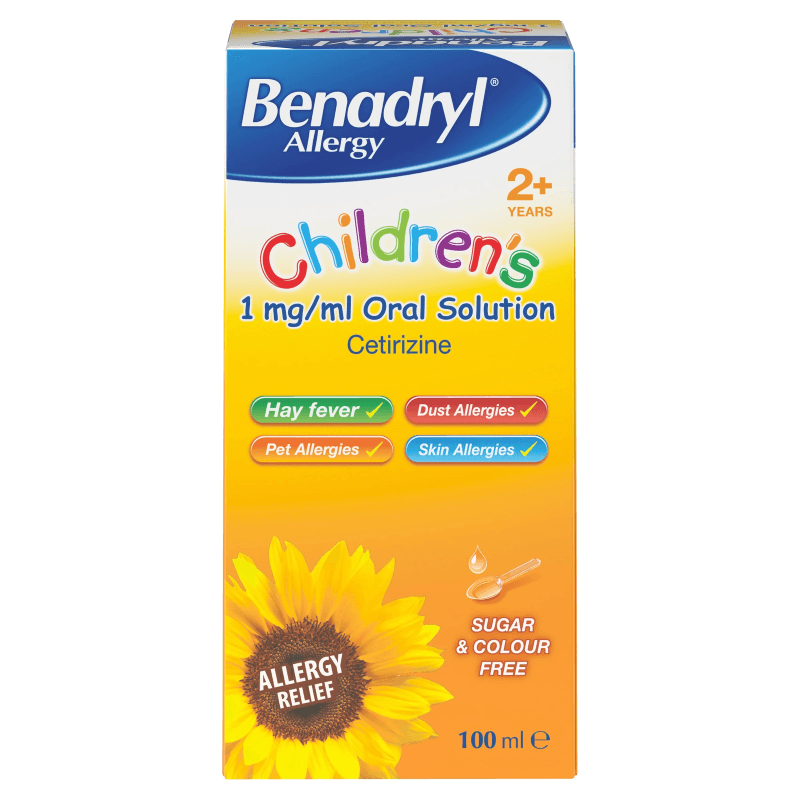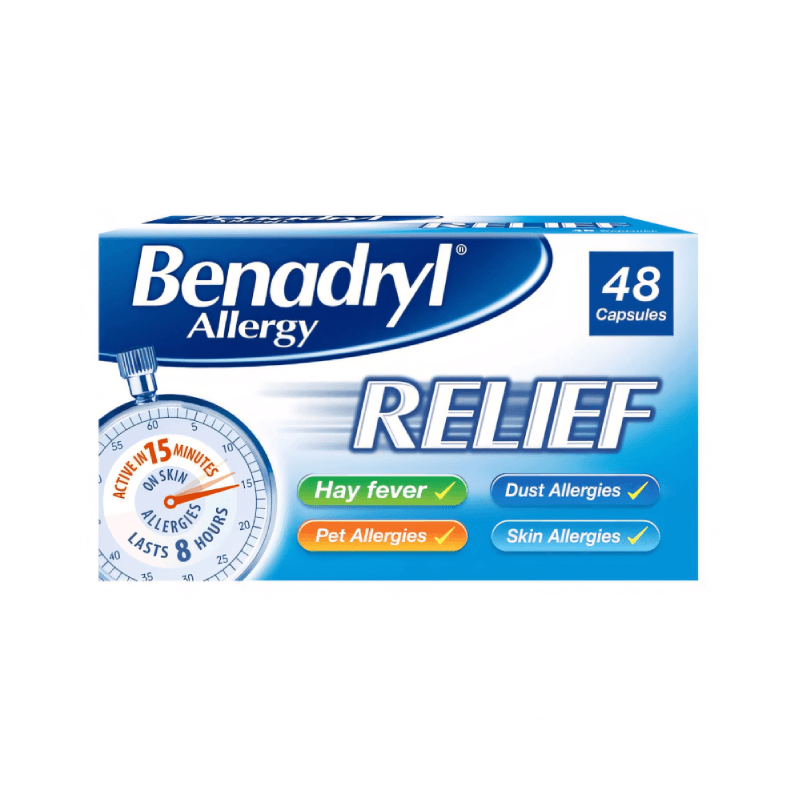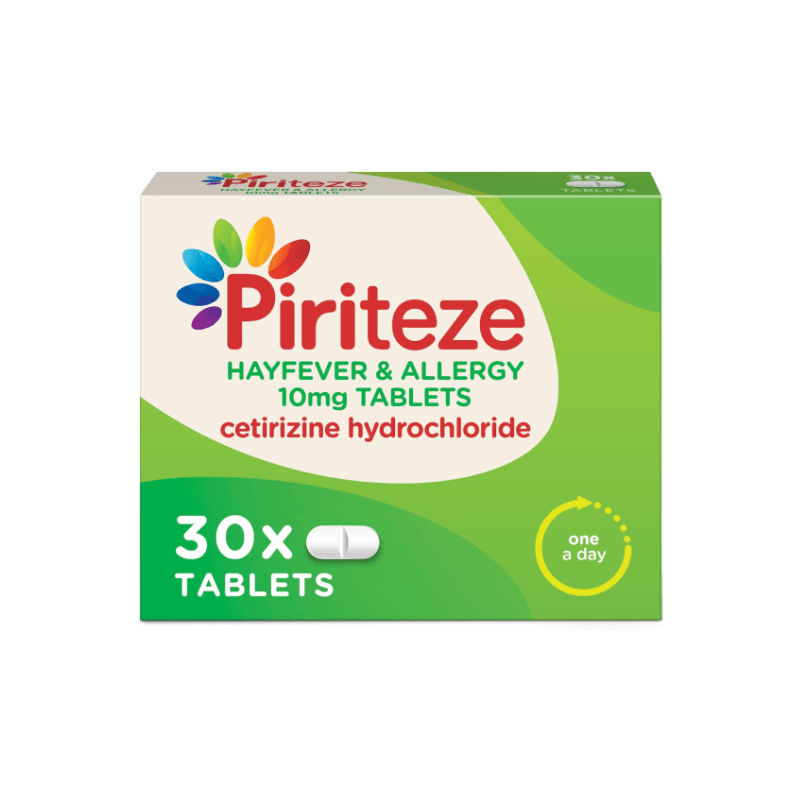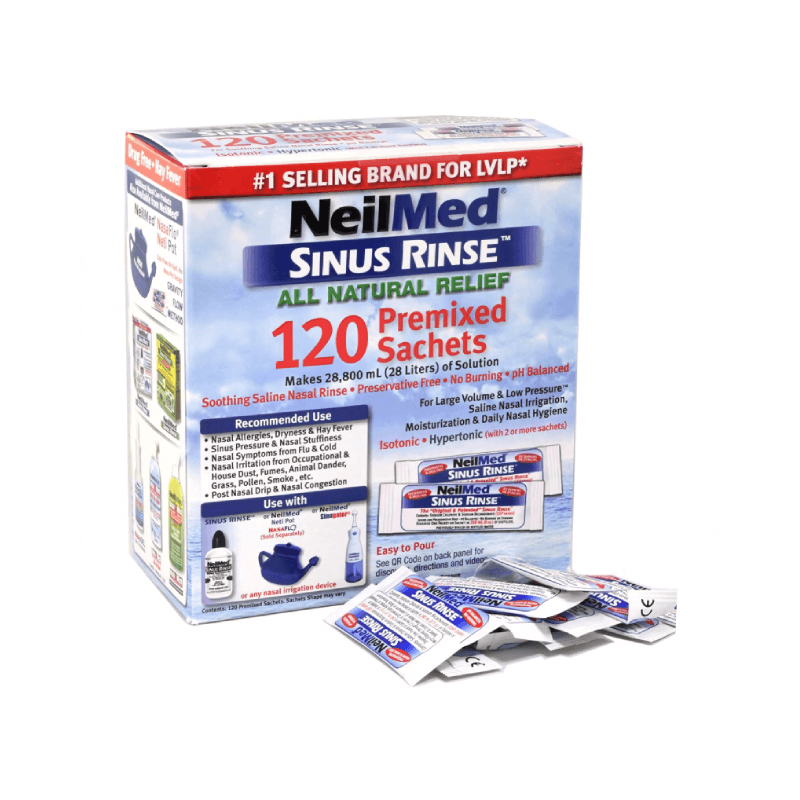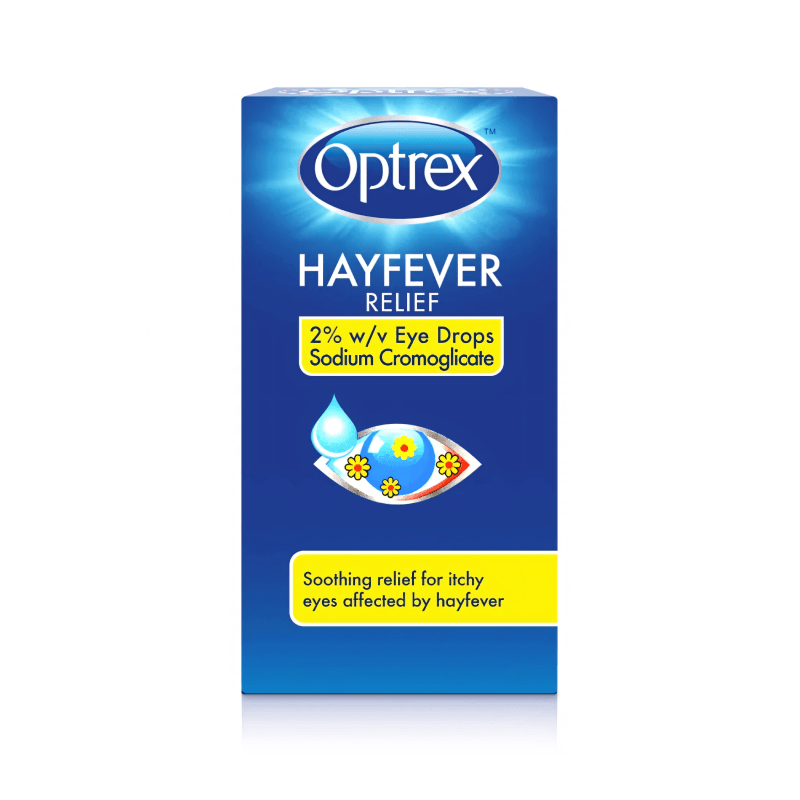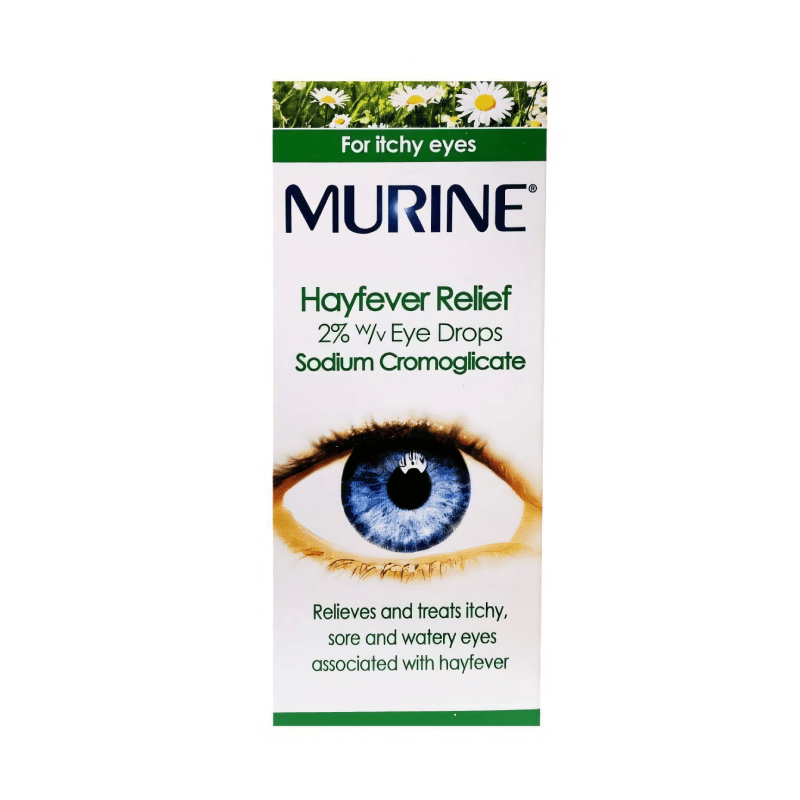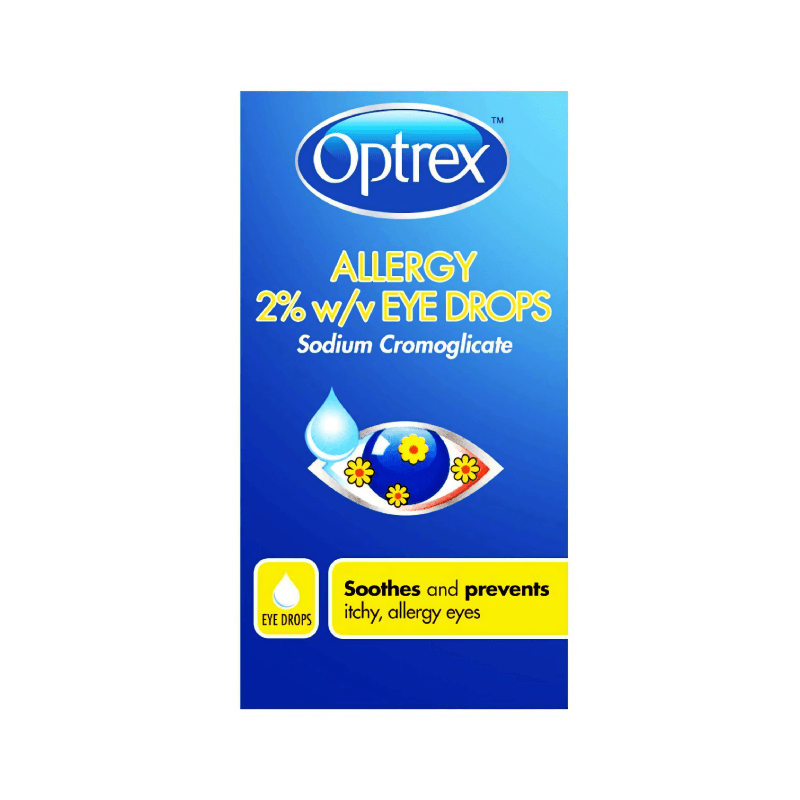Only products on sale
Showing 1–28 of 38 resultsSorted by popularity
- Allergies & HayfeverAntihistaminesAnxiety, Stress, NervousnessMedicines & TreatmentsSleep AidsTravelTravel Sickness
Phenergan 25mg (Promethazine Hydrochloride) – 56 Tablets
£19.95Original price was: £19.95.£14.95Current price is: £14.95.Select options Allevia Fexofenadine Hayfever Tablets Antihistamine
£3.59 – £9.49Price range: £3.59 through £9.49Select optionsTreathay Tablets Fexofenadine 120mg | Antihistamine | Hayfever | Allergy relief
£8.50Original price was: £8.50.£7.99Current price is: £7.99.Add to cartSudafed Decongestant Tablets
£5.00Original price was: £5.00.£4.25Current price is: £4.25.Add to cart- Allergies & HayfeverCold & Flu MedicationCold and FluCough, Cold & FluDecongestantsHayfeverHayfeverMedicines & TreatmentsNasal CareNasal HealthNasal Sprays
Vicks Sinex Micromist Nasal Spray 15ml
£4.59Original price was: £4.59.£4.50Current price is: £4.50.Add to cart Beconase Hayfever Nasal Spray for Adults (100 Sprays)
£7.99Original price was: £7.99.£7.25Current price is: £7.25.Add to cart

